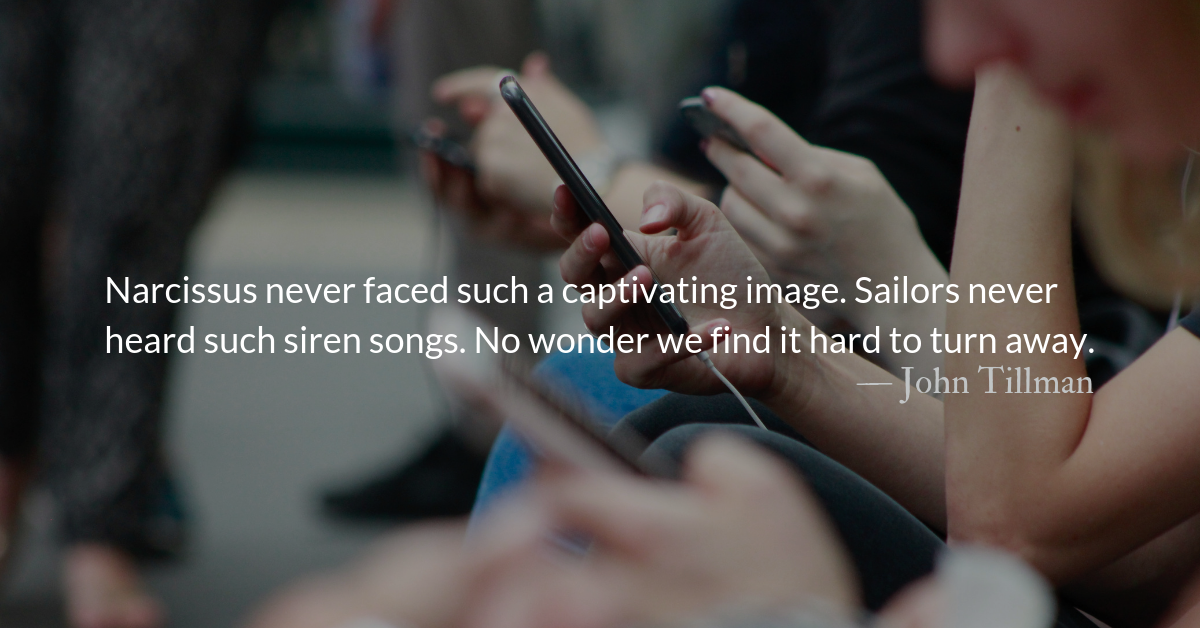Links for today’s readings:
Read: Exodus 38 Listen: (4:23) Read: Luke 20 Listen: (5:07)
Scripture Focus: Exodus 38.21
21 These are the amounts of the materials used for the tabernacle, the tabernacle of the covenant law, which were recorded at Moses’ command by the Levites under the direction of Ithamar son of Aaron, the priest.
Reflection: Counting God’s Plunder
By John Tillman
Why is Ithamar’s account of gifts to the Tabernacle in the Bible? What’s holy about a spreadsheet?
Ithamar wasn’t crediting the people’s generosity. He was counting God’s plunder.
Israel didn’t mine gold for the Tabernacle. They didn’t purchase it or trade for it or find it in their desert wanderings. The Egyptians gave it to them.
As Pharaoh’s heart hardened, God softened ordinary Egyptians’ hearts toward their Israelite neighbors. Faith-filled Israelite women obeyed God and asked their Egyptian neighbors for silver, gold, and clothing. When Israelite women asked, Egyptians gave freely. God described this as “plundering” the Egyptians. God’s blessings passed through female hands. (Exodus 3.21-22)
In the film, The Princess Bride, the man in black pursues Vizzini and his captive princess. Vizzini accuses the man in black of “trying to kidnap what I have rightfully stolen.” Jesus described himself as a thief, tying up a “strong man” in order to plunder his house. In the Exodus, God proved himself stronger than all the Egyptian gods, tying them up with his plagues. Then he plundered Egypt, liberating both people and possessions. When God steals, he liberates that which does not belong to those who hold it. Christ kidnaps what Satan has rightfully stolen.
In Christ, we are liberated from a kingdom of darkness into a kingdom of light (Colossians 1.13) and gifted with blessings we did not earn. (2 Corinthians 8.9) What the world gives us is not from the world anymore than what the Egyptians gave the Israelites was from Egypt. Neither spiritual nor material blessings belong to us. They are God’s plunder.
When was the last time you accounted for the blessings, the plunder, of God? Like Ithamar, you may need a spreadsheet.
Accounts of God’s blessings often contain moments of actual accounting. Biblical authors regularly note the numerical facts of miraculous events in both the Old and New Testaments. The water jars that were turned to wine held up to thirty gallons. (John 2.6) Over 4,000 people were fed. (Matthew 15.38) 3,000 people were added to their number. (Acts 2.41)
You carry God’s plunder. Have you accounted for it? What are you doing with it? (Luke 19.13)
With God’s plunder, Israel built the Tabernacle—an embassy of Eden where the sovereignty of heaven overlapped and overruled the sovereignty of the world. Put God’s plunder to work as his ambassadors to the world. Make holy space from which God’s blessings flow to all nations and in which slaves can find freedom.
Divine Hours Prayer: The Call to Prayer
Hear, O my people, and I will admonish you: O Israel, if you would but listen to me!
There shall be no strange god among you; you shall not worship a foreign god.
I am the Lord your God, who brought you out of the land of Egypt and said, “Open your mouth wide, and I will fill it.” — Psalm 81.8-10
– Divine Hours prayers from The Divine Hours: Prayers for Springtime by Phyllis Tickle.
Consider Supporting Our Work
Support ad-free content that brings biblical devotionals to inboxes across the world. Our work is funded by donors just like you.
Read more: The Gospel Heist
What has sin taken? What traps you? Are you blind, deaf, or dumb? Lame, leprous, or lifeless? Jesus comes to steal you back and set you free.



